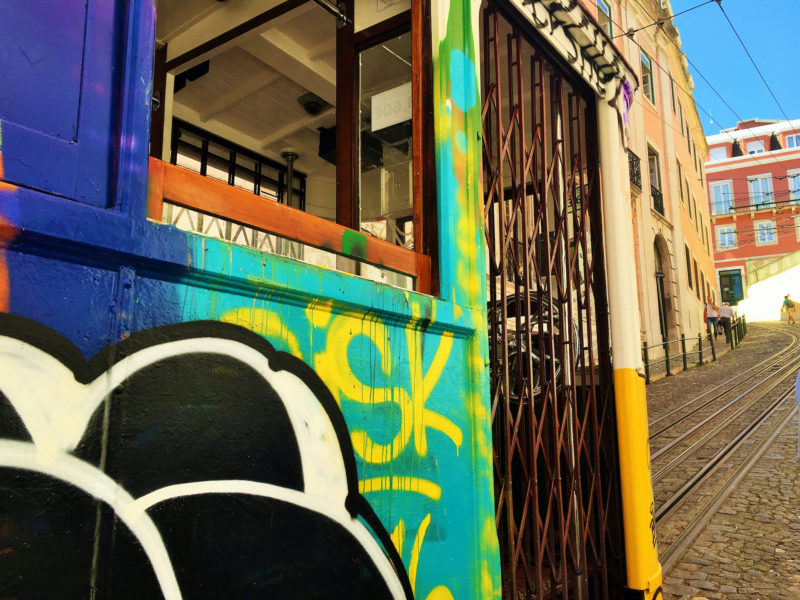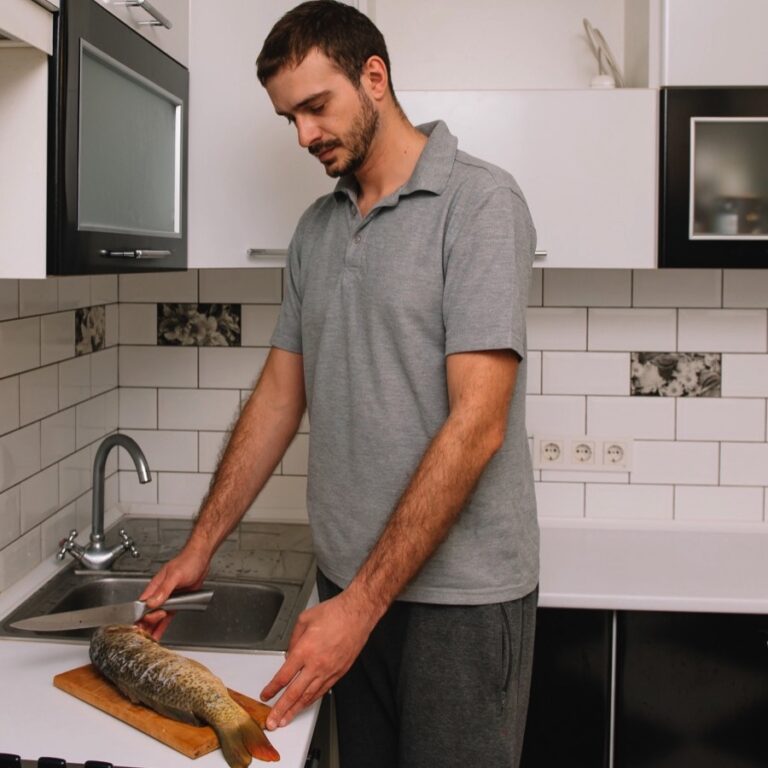In loving memory of Rui’s grandmother, the iconic Avó Odete, who shared her unforgettable charm and spirit with Practice Portuguese for nearly a decade. Since the very beginning, she was our greatest supporter, right up until her passing last year. This video is a collection of our favourite moments with her, including a few never-before-seen […]
Tributo À Avó Odete
Tribute to Grandma Odete
O Cromo do Escritório
The Office Fool
Marcelo gets fired after stinking up the office one too many times.
Se o Plano Correr Bem
If The Plan Goes Well
Luís and Rita come up with a hare-brained scheme to rob a jewellery store. As they discuss their plans, take note of how the futuro do conjuntivo is used throughout.
The Many Meanings of “Pois”
You’ll probably come across the word pois a lot when learning European Portuguese. It can be confusing for non-native speakers because it’s used in many different contexts and can have a wide variety of translations. Once you get the hang of it, pois is a very versatile word. It appears as a conjunction, an adverb, […]
Um Patrão dos Demónios
A Terrible Boss
Luisa finally stands up to her terrible boss.
Uma Bejeca Antes do Casamento
A "Cold One" Before The Wedding
Listen to some Portuguese slang words in action as Alfredo and Sílvia grab a beer while waiting for their friends.
Diminutives in European Portuguese
Today we’re going to look at diminutives. But what exactly are they? are usually used to describe an object or a person as small or cute. They can also be used to express affection or pity towards someone/ something. Depending on the tone, they can also be used sarcastically. We often use diminutives when we […]
Augmentatives in European Portuguese
We learned a bit about diminutives earlier, so now it’s time to look at their opposites: augmentatives. Augmentatives in Portuguese are usually used to add emphasis when describing a person or object as strong, large, or ugly. Sometimes they can be quite pejorative (and funny)! In the Diminutives’ Learning Note we mentioned that the augmentative […]
European Portuguese Slang
You have been learning to speak and write proper Portuguese, but not every Portuguese person speaks perfectly 100% of the time. Depending on the context, we might prefer using simpler terms to save time, explain something in a different way, joke around, or even fit in with a group. That’s where gíria popular – or just – […]
Idiomatic Expressions 1
, or idioms, are expressions that you shouldn’t interpret literally. Portuguese idioms have a symbolic meaning, which is rarely maintained upon literal translation into other languages. These expressions reflect the customs and history of the country and are part of all conversations of the Portuguese, rich or poor, from North to South of Portugal. They […]
Interjections
Interjections are words with an emotive function. They are used to express emotions, sensations, and moods. They can be just simple vowel sounds, like and , but most are either a free word or a phrase, in which case we call them . The same can have different meanings depending on the context in which […]


 Avô Manuel
Avô Manuel Avó Odete
Avó Odete Joel
Joel Rui
Rui
 Eliana
Eliana
 Natacha
Natacha Pedro
Pedro






